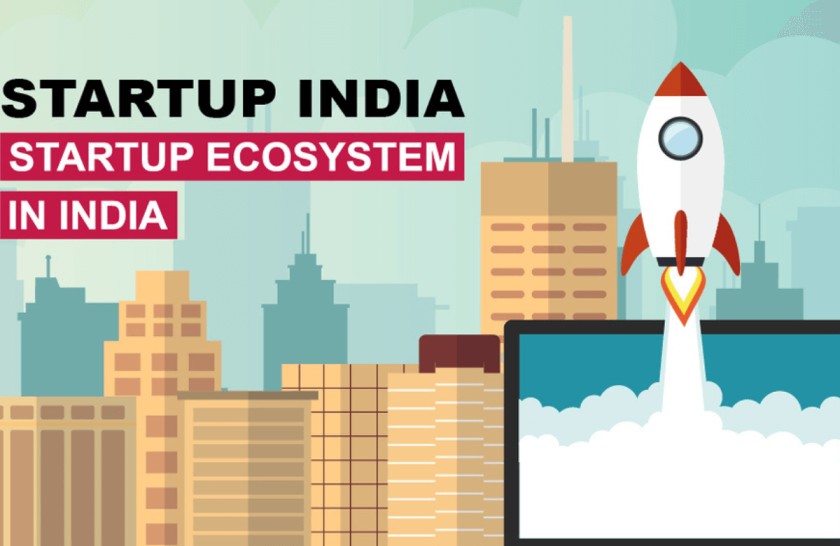- March 24, 2023
Inside India’s thriving start-up ecosystem

India’s vibrant startup ecosystem thrives on government support, access to capital, a rich talent pool, and entrepreneurship culture.
India has been steadily building its startup ecosystem for the past decade, with the government and private sector working together to create a supportive environment for entrepreneurs. As a result, India has become one of the most dynamic startup hubs in the world, with a growing number of successful startups in a variety of industries. In this article, we will take a closer look at how the startup ecosystem is working in India.
The Indian startup ecosystem is built on several key pillars, including government support, access to capital, a growing talent pool, and a supportive culture for entrepreneurship.
One of the most important factors driving the growth of startups in India is the government’s focus on supporting entrepreneurship. The government has implemented a range of policies and initiatives aimed at encouraging startups, such as the Startup India campaign launched in 2016. This campaign provides a range of benefits and incentives to startups, including tax exemptions, funding, and support for incubators and accelerators. The government has also established a network of incubators and accelerators across the country to help startups get off the ground.
Another important factor contributing to the growth of startups in India is access to capital. While funding was once a major challenge for startups in India, the situation has improved significantly in recent years. There are now a growing number of venture capital firms and angel investors in India, and the country has seen a surge in startup funding over the past few years. According to data from venture intelligence firm Tracxn, Indian startups raised a record $10.1 billion in funding in 2021.
In addition to funding, there is also a growing pool of talent in India, with a large number of highly skilled engineers, developers, and entrepreneurs. Many of these individuals are returning to India after gaining experience and education abroad, bringing with them valuable skills and experience that can help drive the growth of startups in India.
Finally, there is a supportive culture for entrepreneurship in India, with a growing number of people seeing entrepreneurship as a viable career path. This is reflected in the increasing number of startup events and conferences taking place across the country, as well as the growing number of co-working spaces and incubators.
One of the most important aspects of the startup ecosystem in India is the role played by incubators and accelerators. These organizations provide startups with access to resources and support, including mentoring, funding, and networking opportunities. Some of the most prominent incubators and accelerators in India include the Indian Angel Network, 500 Startups, and the Microsoft Accelerator.
Another important component of the startup ecosystem in India is the presence of venture capital firms. These firms provide startups with the funding they need to grow and expand, as well as valuable advice and support. Some of the most active venture capital firms in India include Sequoia Capital, Accel Partners, and SAIF Partners.
While the Indian startup ecosystem has come a long way over the past decade, there are still challenges that need to be addressed. One of the biggest challenges facing startups in India is the lack of access to early-stage funding, which can make it difficult for startups to get off the ground. There is also a shortage of experienced mentors and advisors, which can make it difficult for startups to navigate the complex world of entrepreneurship.
Another challenge facing startups in India is the lack of a robust infrastructure. While there are many coworking spaces and incubators in India, there is still a need for more support in areas such as legal and financial services. This is particularly true for startups operating in highly regulated industries such as healthcare and finance.
Despite these challenges, the startup ecosystem in India is poised for continued growth and success in the coming years. With a supportive government, a growing pool of talent, and a culture that values entrepreneurship, India is well-positioned to become one of the leading startup hubs in the world.
Written by Rajeev Gupta. Mr. Gupta is a practicing Chartered Accountant for over three decades and is expert on Direct, Indirect Taxation & Corporate Governance matters.
